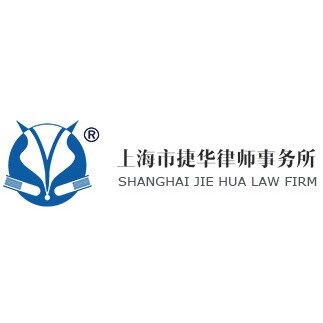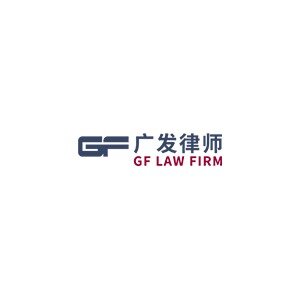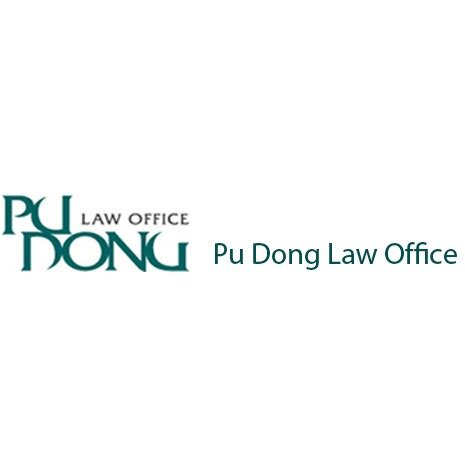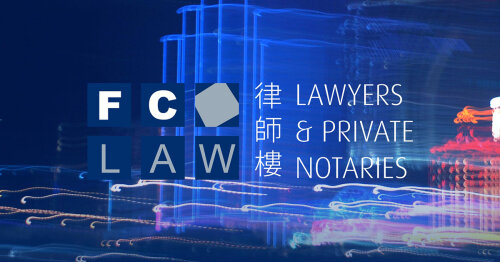Best Project Finance Lawyers in China
Share your needs with us, get contacted by law firms.
Free. Takes 2 min.
Or refine your search by selecting a city:
List of the best lawyers in China
About Project Finance Law in China
Project finance refers to the method of funding large-scale, capital-intensive projects where the repayment is primarily dependent on the cash flow generated by the project itself, rather than the balance sheets of the project sponsors. In China, project finance is crucial for infrastructure, energy, transportation, and industrial projects. The sector is shaped by state policies, regulatory authorities, and evolving legal frameworks aimed at boosting economic development while managing risks for investors and lenders. Typical project finance arrangements in China involve complex contractual and financing structures, often with the participation of both domestic and foreign entities.
Why You May Need a Lawyer
Navigating project finance in China can be challenging due to the complexity of legal, regulatory, and financial environments. Legal professionals are often required in the following situations:
- Structuring financing arrangements while complying with local laws
- Drafting and negotiating project contracts, including construction, operation, and financing agreements
- Undertaking due diligence investigations
- Securing regulatory approvals and permits
- Managing cross-border transactions and foreign investment issues
- Advising on risk allocation, collateral, and security arrangements
- Handling disputes during project execution or operation
- Advising on public-private partnerships (PPP) and cooperation with state-owned enterprises
Given the importance of adherence to local regulations and the need to safeguard stakeholder interests, securing expert legal advice is vital for the success of any project finance undertaking in China.
Local Laws Overview
Project finance in China is governed by a combination of national laws, industry regulations, and local administrative measures. Key legal aspects include:
- Chinese Contract Law and Civil Code - Governs the formation and enforcement of project and financing agreements.
- Company Law - Regulates the formation and operation of special purpose vehicles (SPVs) commonly used in project finance structures.
- Secured Transactions - Laws regarding mortgages, pledges, and guarantees are critical for collateral arrangements.
- Foreign Investment Law - Governs the participation of foreign investors, including approval processes and restrictions.
- Land Administration Law and Real Property Law - Impact land use rights and asset security over project sites.
- Regulatory Approvals - Projects, especially in energy and infrastructure, often require multi-level governmental permits and environmental assessments.
- PPP Framework - Specific guidelines exist for public-private partnerships, issued by the Ministry of Finance and other authorities.
In addition, there are sector-specific regulations for industries such as power, transportation, water, and resources. Understanding these interconnected legal regimes is crucial for any successful project finance venture in China.
Frequently Asked Questions
What is the typical structure for project finance transactions in China?
Most project finance deals in China use a special purpose vehicle (SPV) company, which holds the project assets and contracts. Lenders provide non-recourse or limited-recourse loans, relying on project cash flow and assets as collateral.
Are foreign investors allowed to participate in project finance in China?
Yes, foreign investors may participate, but must comply with the Foreign Investment Law and, in some sectors, specific restrictions or approval processes overseen by government agencies.
How are project risks typically allocated?
Risks are allocated through contracts, with sponsors, lenders, contractors, and the government each assuming different risks such as construction, market, regulatory, and political risk. Clear legal agreements are vital for risk management.
What collateral is accepted in project finance transactions?
Common forms include mortgages over land use rights, pledges over project assets and revenues, and guarantees from sponsors or government entities. The scope and enforceability must align with Chinese law.
What regulatory approvals are needed?
Approvals vary by sector but generally include project establishment, environmental assessments, land use permits, and, for foreign entities, foreign investment approval from the National Development and Reform Commission (NDRC) or Ministry of Commerce (MOFCOM).
What are the main challenges for foreign parties?
Challenges include regulatory transparency, navigating bureaucratic procedures, limited recourse in disputes, currency controls, and understanding local business customs.
Can projects be financed in foreign currency?
Yes, but there are restrictions due to China’s currency controls. Foreign loans must comply with SAFE (State Administration of Foreign Exchange) regulations and project requirements.
How are disputes typically resolved?
Disputes may be resolved through litigation in Chinese courts or, more commonly, arbitration under rules of bodies such as CIETAC or other recognized arbitration institutions.
How important is due diligence in project finance?
Due diligence is critical. It covers legal, financial, technical, and environmental aspects to assess feasibility, legal compliance, and risk before proceeding.
Are there any incentives for infrastructure and renewable energy projects?
Yes, China offers various incentives, such as preferential loans, tax breaks, and fast-track approvals for certain infrastructure and clean energy projects, subject to central and provincial policies.
Additional Resources
Several organizations and government bodies offer resources and guidance for those involved in project finance in China:
- National Development and Reform Commission (NDRC) - For project approval and regulatory guidance
- Ministry of Finance (MOF) - PPP guidelines and implementation support
- Ministry of Commerce (MOFCOM) - Oversight for foreign investment regulations
- State Administration of Foreign Exchange (SAFE) - Currency and cross-border financing regulations
- China Banking and Insurance Regulatory Commission (CBIRC) - Supervision of banking and insurance activities in project finance
- International law firms and domestic law firms with project finance or infrastructure expertise
- Professional associations such as the China Public Private Partnerships Center
Next Steps
If you require legal assistance in project finance in China, consider the following steps:
- Identify the scope and sector of your project and gather relevant information on your objectives, partners, and financing needs.
- Consult with a qualified lawyer or law firm experienced in project finance and Chinese regulatory environments to assess your situation.
- Prepare detailed project documentation, including business plans and proposed contracts, to facilitate effective legal review.
- Work with your legal advisor to conduct due diligence, identify required approvals, and structure all contracts and financing documents to ensure compliance and protect your interests.
- Continue to consult with legal professionals throughout the negotiation, documentation, approval, and post-closing phases of your project.
Seeking knowledgeable legal counsel early can substantially improve your project's viability while minimizing risks, ensuring your venture meets all legal and regulatory requirements in China.
Lawzana helps you find the best lawyers and law firms in China through a curated and pre-screened list of qualified legal professionals. Our platform offers rankings and detailed profiles of attorneys and law firms, allowing you to compare based on practice areas, including Project Finance, experience, and client feedback.
Each profile includes a description of the firm's areas of practice, client reviews, team members and partners, year of establishment, spoken languages, office locations, contact information, social media presence, and any published articles or resources. Most firms on our platform speak English and are experienced in both local and international legal matters.
Get a quote from top-rated law firms in China — quickly, securely, and without unnecessary hassle.
Disclaimer:
The information provided on this page is for general informational purposes only and does not constitute legal advice. While we strive to ensure the accuracy and relevance of the content, legal information may change over time, and interpretations of the law can vary. You should always consult with a qualified legal professional for advice specific to your situation.
We disclaim all liability for actions taken or not taken based on the content of this page. If you believe any information is incorrect or outdated, please contact us, and we will review and update it where appropriate.
Browse project finance law firms by city in China
Refine your search by selecting a city.















